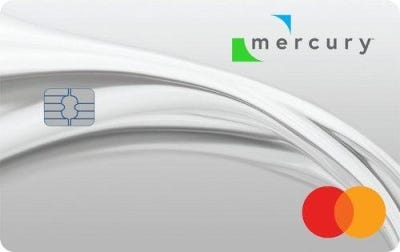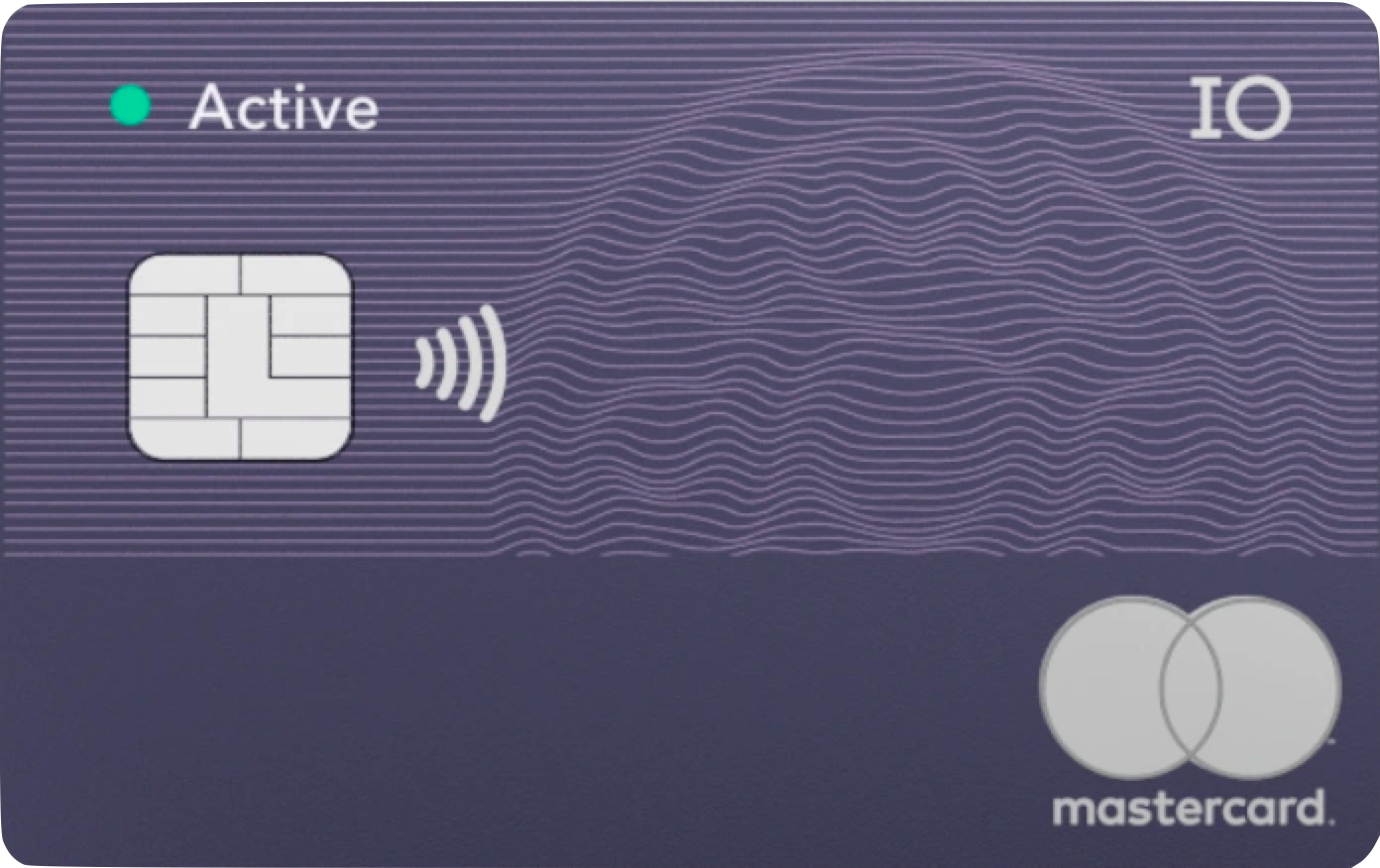CardsFTW #69: Why Are There So Many Payments Companies Named Mercury?
Plus, Charter News and BAAS Challenges Lead to Switching Costs
Mercury, Mercury Financial, Mercury Payments, and even Mercury Insurance
Why are there so many payment companies named Mercury? OK, so I know why. It’s because Mercury is the god of financial gain and commerce. I get it. It’s getting confusing, though. Last week Mercury Financial announced a big new $200 million debt facility from Neuberger Berman to fund its prime-focused credit card offerings. (Also of note, fintech card provider Petal announced a new $220 million debt facility from Victory Park Capital.)

The challenge is that, at first, I thought we were talking about Mercury.com, a business banking platform focused on startups that offers a corporate credit card. Note: that’s one of the other Mercuries. This Mercury, at mercuryfinancial.com, helps consumers to build credit. We don’t talk much about Mercury Financial, although they are a fintech card program manager. Fintech credit card programs partner with an issuing bank to offer a credit card. Mercury partners with First Bank & Trust of Brookings, SD, and raises debt from third parties (as noted above).

According to Crunchbase, Mercury Financial started in 2014 and was initially backed by Green Visor Capital, a well-known San Francisco VC in the fintech space. Back then, though, they were called CreditShop. The company rebranded to Mercury Financial in 2021 because of the success of its Mercury Mastercard. The company is no longer a startup, as it was acquired by Varde Partners. Mercury Financial also powers one co-brand card for Spirit Airlines, the Free Spirit Points Mastercard.
Meanwhile, Mercury (Mercury Payments), the neobank for startups, continues to grow tremendously and was a huge winner following the collapse of SVB earlier this year. Mercury was acquired by WorldPay for almost $2B at one point but isn’t a live brand. A few quick searches have revealed a number of other startups with Mercury in the name, plus Mercury General Corporation, known as Mercury Insurance, a $5 billion insurance company headquartered here in Los Angeles.

To quote a fintech VC friend of mine: “Fintech is innovative except when it comes to naming.”
Brands matter, and the best banks know this. When I say Citi, Chase, Wells Fargo, or AMEX, people know who I am talking about. Visa has an amazing brand as a result of billions in investment, and it drives volume for its issuers and merchants.
Let’s challenge ourselves to have better naming!
Charter News
Many fintechs have sought banking charters as they grow. Some have successfully started banks or acquired charters, such as SoFi, Green Dot, Varo, and M1. Others continue to pursue them, but it is a very difficult process. Last week saw more news on this front: Fintech Figure withdrew its charter filing last week.
Meanwhile, European neobank Bunq is aiming to come to the United States and insists that having a charter of its own is the only way to do it. Acquiring a charter is lengthy, unpredictable, and expensive. Revolut and others have attempted this path and failed. We’ll see where it goes, but you can count me as a skeptic that this will be fruitful. The lean startup approach would be to partner with an existing bank and make sure the Bunq value proposition connects with American consumers before you invest $100M in building a charter here.
Some BAASic Challenges
Axios put out a piece on The New Banking as a Service Reality, in which author Ryan Lawler efficiently summarizes that “A global pullback in funding, a changing customer base, and increased regulatory pressure are contributing to BaaS consolidation, prompting the remaining players to shift gears.” Consolidation is underway: Fifth Third bought embedded payments platform Rize Money, FIS acquired BaaS startup Bond, and Qenta acquired card program manager Apto Payments.
While some BAAS funding deals continue, these acquisitions are mostly subpar for the acquired company, with investors making little to no money.
Fundamentally, there were too many BAAS platforms and not enough quality customers. We do not need another Chime but for Spanish-speaking Gen Z that like blue shirts. We need more fundamental innovation that takes more time and capital. We will see a flight to quality platforms and a lot of successful program-switching issuers and platforms (of which I am hearing a lot).
Speaking of Which, Switching Providers?
If you have ever switched a core provider, whether it's a sponsor bank, processor, banking-as-a-service platform, payment facilitator, or account aggregation platform, you know it’s extremely difficult. If you haven’t done this yet, but are planning to, my team at Totavi can help. We have hands-on experience with these transitions. If you think you might want to in the future, we can help you architect your product to ensure it’s as painless as possible. Let me know (just reply!) if you’d like to chat about this more.
Me, Elsewhere
I’m not just into credit cards, I enjoy all sorts of product management. Check out this interview I did with The Product Manager on “The 5 Best Ways to Elevate Your Product Experience”
CardsFTW
Thanks for reading CardsFTW, a debit and credit newsletter by Matthew Goldman. Matthew is the founder of Totavi, LLC, which provides GSD Product Consulting with real operational value. Visit totavi.com to learn more and engage us.
* Indicates a company with whom Matthew Goldman or Totavi, LLC has a financial relationship.
